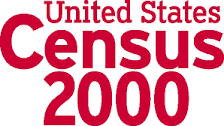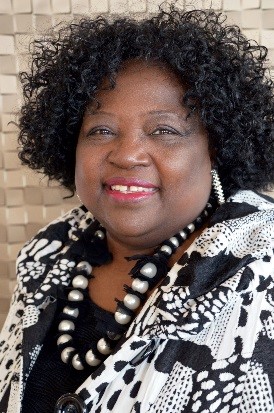Census response vital to county, state futures
Almost 60 percent of the residents of Demopolis have responded to the U.S. Census, mailing in, going online or phoning their information for the once-in-a-decade head count.

But in the rural parts of Marengo County, the Census count lags far behind, with only 45 percent of the population responding. Many rural residents get their mail at Post Offices, said Marilyn Stephens, Assistant Regional Census Manager for the 2020 Census in the Atlanta Region. The Census forms aren’t mailed to Post Office boxes.
In normal Census years, workers would have begun door-to-door information collection in March. Census workers had just begun when the new coronavirus pandemic hit, and work was suspended March 15. Stephens said the personal visits to deliver the forms began again May 4, and every household in Marengo County now has received one.

Beginning in July census will return to those households that still haven’t responded in order to get the information. Stephens said the Census Bureau is trying to make as few of those visits as possible.
“We have never had this type of ability to answer (the census) at your leisure,” she said.
This is the third Census for Stephens who began working with the Census Bureau 22 years ago. In the past the bureau relied on Public Service Announcements to encourage the public to respond. This is the first year there has been paid advertising.
She said state governors also have become much more Census savvy, understanding how important it is for their constituents to be counted.
Answering the Census is only one way residents can help increase the number of people responding. She encouraged everyone to call at least 10 friends to make sure they have been counted as well.
Stephens said questions always arise about why people need to respond to the Census and how safe is the information.
“You want to make sure you get your fair share” of the $675 billion in federal money that goes to everything from roads and bridges to Head Start programs, from Pell Grants to rural hospitals, she said.
All those funds are distributed based on the number of people in the geographic areas. The fewer people who are counted, the less money comes their way.
Alabama is pushing for a high percentage of respondents not only because of the money it would bring to the state but also to make sure the state doesn’t lose a Congressional delegate.
Stephens also wanted people to understand that the information from the Census is safe and is protected by two laws. The first prohibits the Census Bureau from publishing any information other than in statistical form. No individual data is ever released – not to any person or to any law enforcement agency, not even through a subpoena.
Anyone violating that law can receive a five-year sentence for each offense and a $250,000 fine.
The second law requires all data be sealed for 72 years. In 2022, the 1950 Census information will be released.
Stephens also stressed how easy it is to complete the Census. She told the story of how she helped a 92-year-old man complete his form online and how excited he was that it was so easy and fast.
Residents have three options to complete their Census. Many still prefer to fill out a paper form and mail it in. Others find it quicker to go online to my2020census.gov, and some feel more comfortable calling the toll-free number, 1-844-330-2020.
Whatever way residents choose, their response is vital to the state for the next 10 years.

